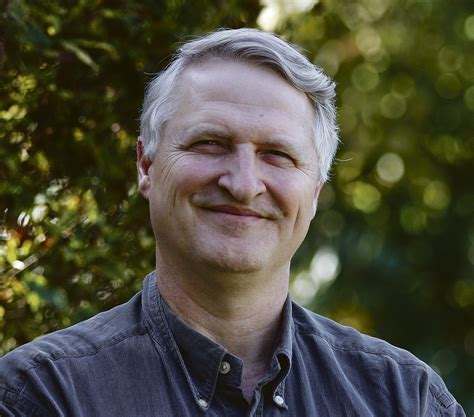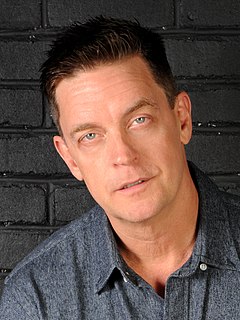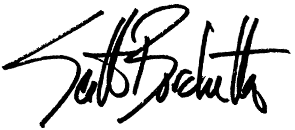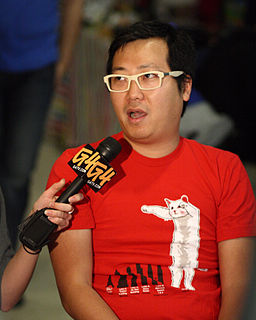A Quote by Van Morrison
These days politics, religion, media seem to get all mixed up. Television became the new religion a long time back and the media has taken over.
Related Quotes
In the founding days of the Constitution, the purpose of the media was to make sure that powerful government officials were held accountable. It really was. I mean, it was founders who hated the media like everybody else hates the media, but they understood the role they played. This media long ago when it comes to Hillary Clinton/Bill Clinton and the Democrat Party? No, no, no, no. They're the Democrat Party now. There is no media.
Let me say, it's - what a commentary it is on American media that you have to go to Russian television in order to get covered as a candidate in this election. It's pretty outrageous. And our media could solve that in a heartbeat if they actually opened it up, you know, but they don't. So I think that's more commentary on the crisis in our media.
History does not record anywhere at any time a religion that has any rational basis. Religion is a crutch for people not strong enough to stand up to the unknown without help. But, like dandruff, most people do have a religion and spend time and money on it and seem to derive considerable pleasure from fiddling with it.
I think, ironically, the media's been good for America, but Trump's been good for the media. He's revitalized The New York Times and CNN - it's never had so much integrity and so much power ever, and that's because being attacked by constant authoritarians and fascists with an agenda has actually got them to sharpen up and to get back to base principles about what the media should actually be. It's also that the circulation boost has removed this horrible, incipient commercial pressure that compromises media.
The arrival of television established a mass-media order that dominated the last 50 years. This is a personal media revolution. The distinction between the old order and the new order is very important. Television delivered the world to our living room. In the old media, all we could do was press our noses against the glass and watch.
I have learned one thing, because I get treated very unfairly, that's what I call it, the fake media. And the fake media is not all of the media. You know some tried to say that the fake media was all the media, no. Sometimes they're fake, but the fake media is only some of the media. It bears no relationship to the truth.
What's really going on here is, this is a media shift. It's comparable to what happened in the 1950s and the birth of electronic mass media back then.This is the birth of a new kind of personal media, where, instead of we're all watching one program, we're all watching each other. And the history of media makes it really clear. Whenever we have a big innovation, the first wave of stuff we do is pretty crummy. The printing press gave us pornography, cheap thrillers, and how-to books. Television gave us Newt Minow's vast wasteland.
From American Idol to The Matrix participatory media - where old and new media converge by involving fans - is influencing our culture by creating new forms of interactive storytelling. Yet by enabling people to participate in such various media they can converge as a crowd to alter the story to create new modes of engagement, some not necessarily endorsed by the creator - or the brands that back them.




































